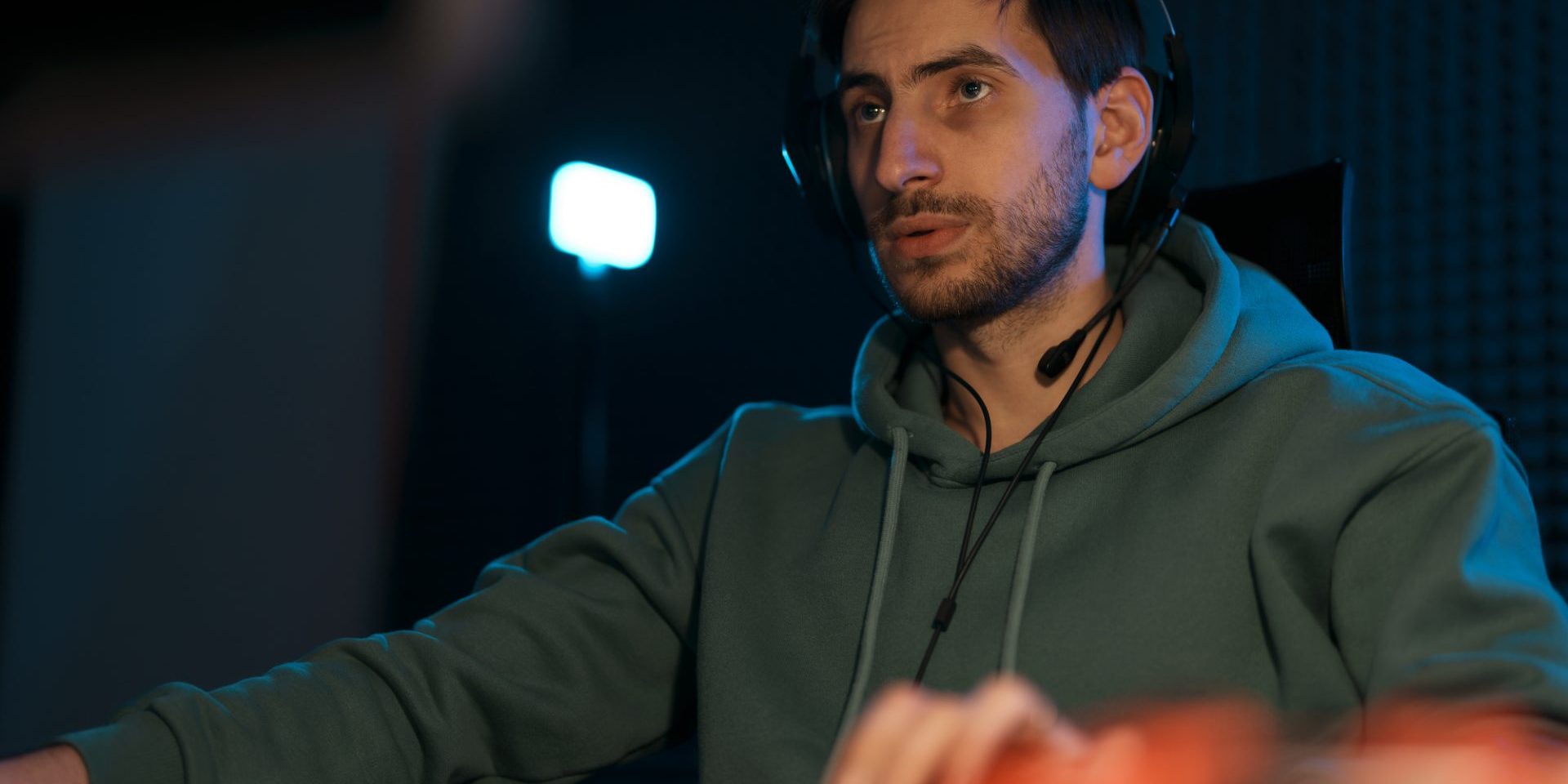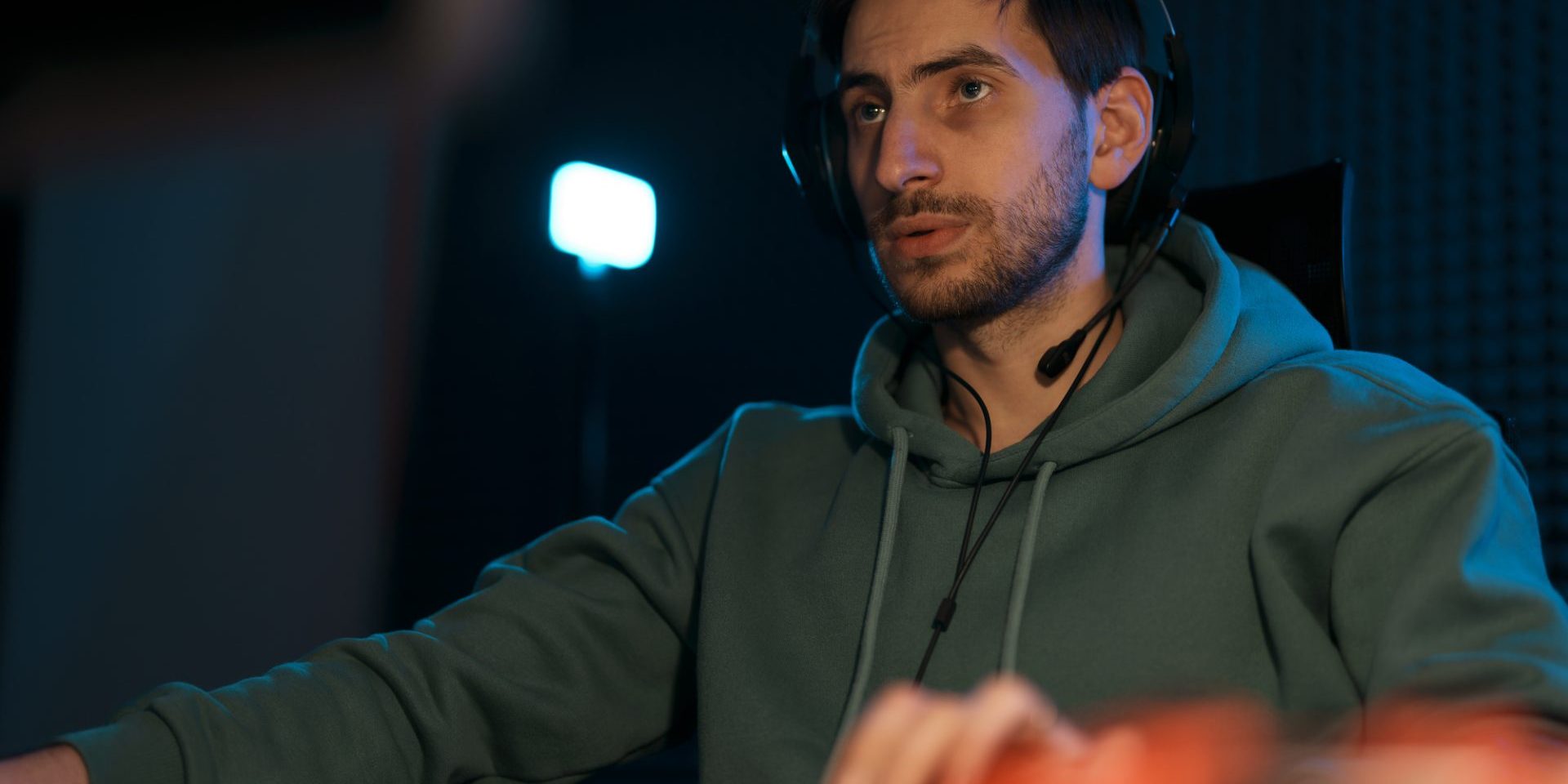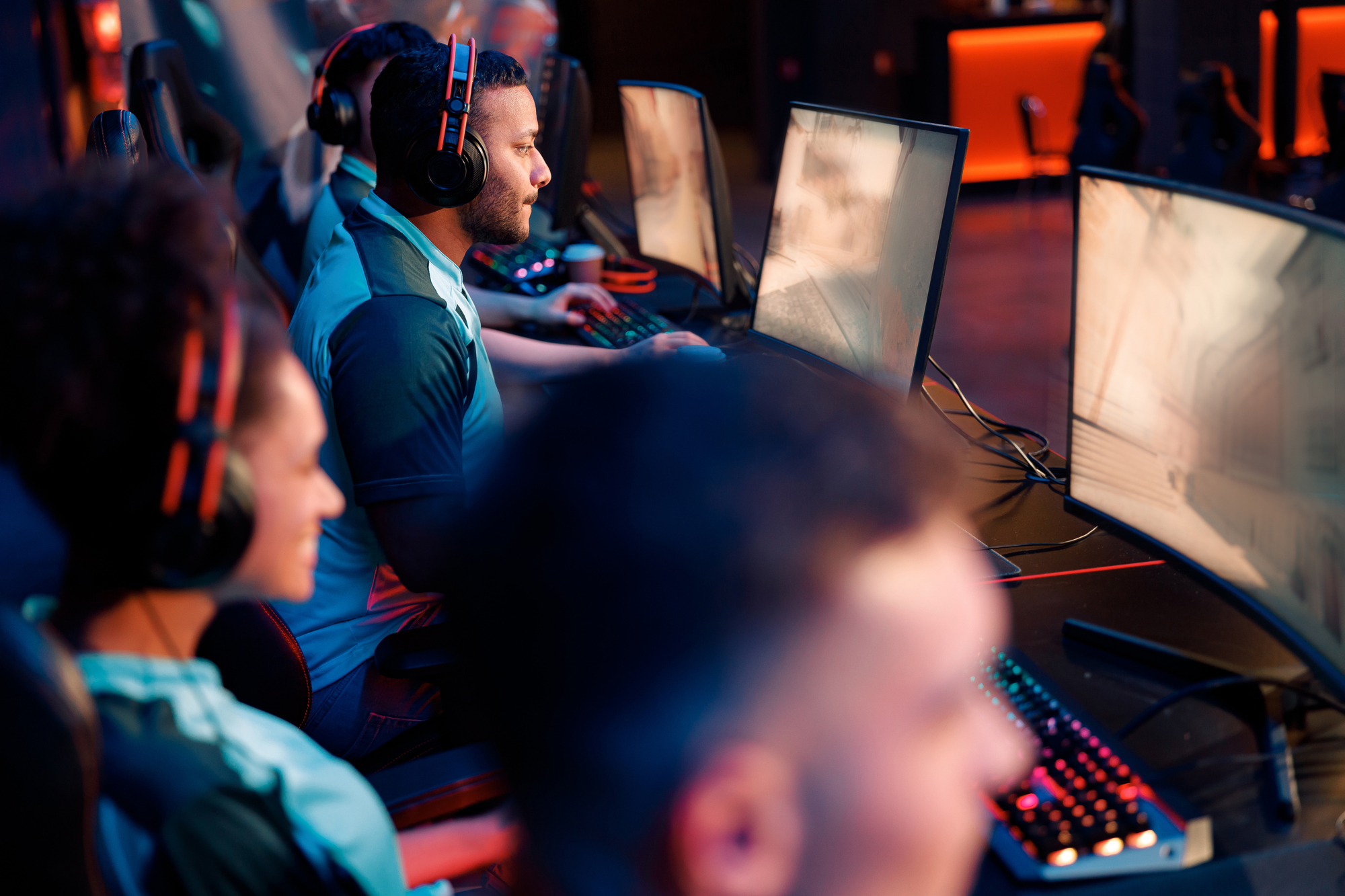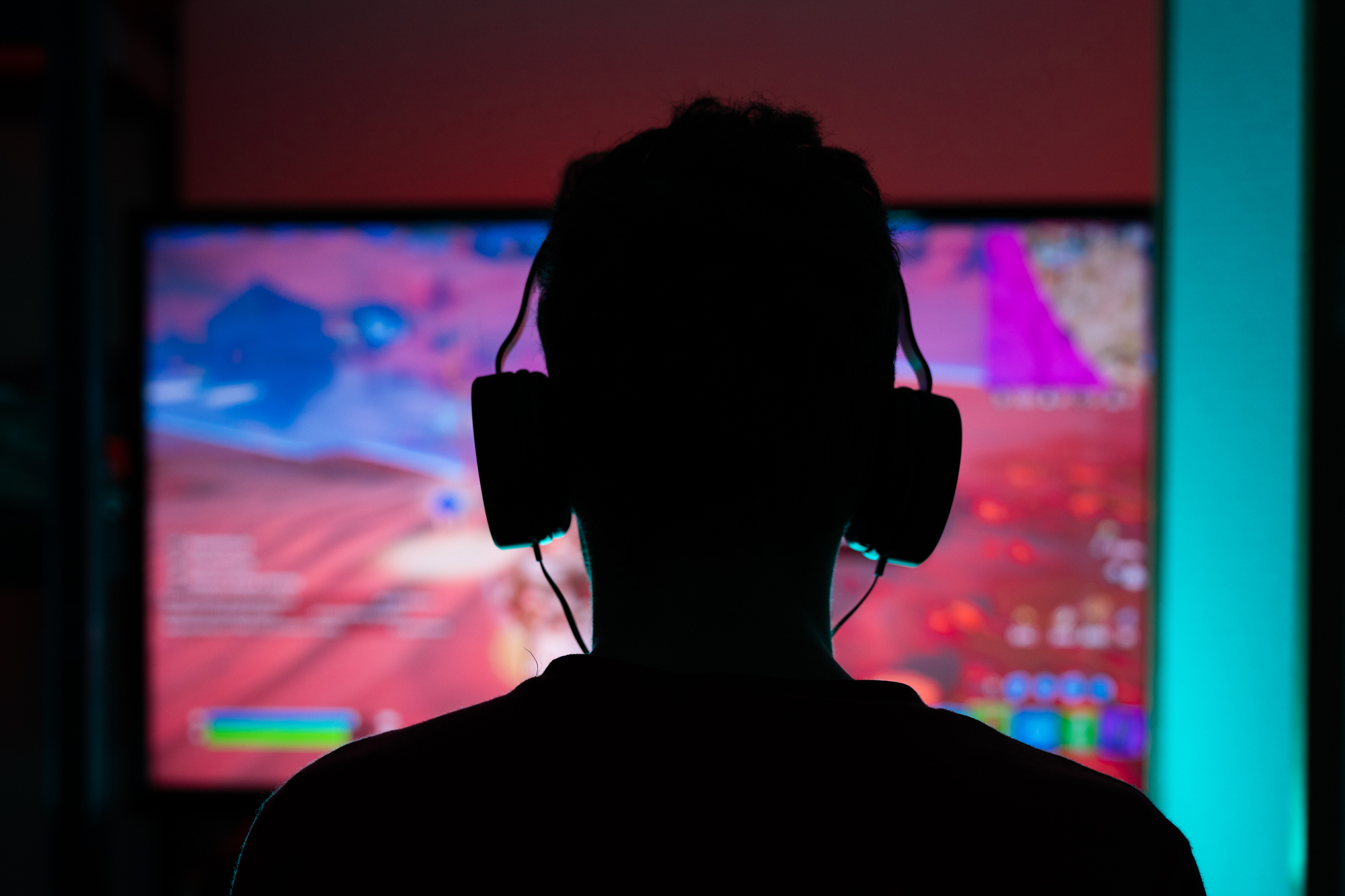

Gaming has become a global phenomenon, connecting millions of players across borders and cultures. Online multiplayer games create shared experiences that bring people together regardless of geographical distance. These virtual spaces foster friendships and communities that extend beyond the game itself.
Gaming communities provide a platform for cross-cultural exchange and understanding. Players interact with others from diverse backgrounds, learning about different perspectives and ways of life. This exposure helps break down cultural barriers and promotes global unity. Many gamers form lasting relationships with people they might never have met otherwise.
The social aspects of gaming have evolved beyond simple gameplay. Streaming platforms, forums, and social media groups allow gamers to share strategies, discuss their favorite titles, and organize events. These communities create a sense of belonging for players who may feel isolated in their offline lives. As gaming continues to grow, it will likely play an increasingly important role in building global connections and fostering cultural exchange.
The Impact of Digital Platforms on Gaming Communities
Digital platforms have transformed gaming communities, enabling global connections and new forms of interaction. These platforms have reshaped how gamers communicate, compete, and engage with game development.
Revolutionized Communication Channels
Online platforms have expanded communication in gaming communities. Voice chat, messaging apps, and forums allow players to connect instantly across the globe. Discord has become a popular hub for gamers, offering text, voice, and video chat features. Twitch enables live streaming of gameplay, fostering interactions between streamers and viewers.
Reddit serves as a gathering place for game-specific discussions and sharing content. These platforms break down geographical barriers, allowing gamers to form friendships and collaborate with others who share their interests. Social media integration in games further enhances community building, letting players share achievements and experiences with broader networks.
The Rise of Competitive Gaming
Digital platforms have fueled the growth of competitive gaming and e-sports. Online multiplayer games like Fortnite and League of Legends attract millions of players worldwide. Streaming services broadcast professional tournaments to global audiences, turning top gamers into celebrities.
E-sports organizations use these platforms to recruit talent, organize events, and engage fans. Major competitions offer substantial prize pools, attracting sponsorships from tech companies and traditional sports brands. This has led to the professionalization of gaming, with dedicated training facilities and coaching staff.
Platforms like YouTube Gaming and Twitch have made competitive gameplay more accessible, allowing amateur players to learn from pros and showcase their skills.
Nurturing Game Development and Distribution
Digital platforms have revolutionized game development and distribution. Steam, operated by Valve, serves as a major digital storefront for PC games. It provides tools for indie developers to reach global audiences without traditional publishing support.
These platforms enable direct communication between developers and players. Forums and social media allow developers to gather feedback, implement updates, and address issues quickly. Beta tests and early access programs on digital platforms help refine games before full release.
User-generated content thrives on these platforms, with modding communities extending the lifespan of games. Virtual and augmented reality technologies are pushing the boundaries of gaming experiences, with platforms adapting to support these new formats.
Cultivating Global Connection and Belonging
Online gaming brings people together across borders, creating spaces for shared experiences and meaningful interactions. Players from different backgrounds forge connections through their common interests and collaborative gameplay.
Shared Experiences and Global Reach
Video games provide a platform for players worldwide to engage in collective adventures and challenges. Multiplayer games allow individuals to team up with others from various countries, working together to achieve goals within virtual worlds. This collaboration fosters a sense of camaraderie and shared accomplishment.
Online gaming communities extend beyond the games themselves. Forums, social media groups, and streaming platforms enable gamers to discuss strategies, share experiences, and build lasting friendships. These connections often transcend geographical boundaries, linking individuals who may never meet in person but form strong bonds through their shared passion.
The global reach of gaming creates opportunities for cultural exchange. Players encounter diverse perspectives and customs while interacting with teammates and opponents from different parts of the world. This exposure broadens horizons and promotes understanding among people from varied backgrounds.
Overcoming Cultural and Language Barriers
Gaming acts as a universal language, bridging gaps between cultures and nationalities. Players who may not speak the same native tongue find ways to communicate effectively within game environments. Many games incorporate built-in translation features or emote systems to facilitate interaction across language barriers.
Collaborative gameplay encourages players to develop creative communication methods. They often use a combination of in-game shorthand, basic English phrases, and non-verbal cues to coordinate actions and strategies. This process of overcoming language differences can lead to improved cross-cultural communication skills.
Gaming communities frequently organize events and tournaments that bring together players from various countries. These gatherings celebrate diversity and promote inclusivity, showcasing how shared interests in video games can unite people regardless of their cultural backgrounds.
The Role of Gaming in Modern Society
Gaming has become a significant force in contemporary culture, shaping social interactions and educational approaches. It has grown beyond mere entertainment to influence various aspects of society.
From Entertainment to Education
Video games have expanded their scope from pure entertainment to valuable educational tools. Many schools now use games to teach complex subjects like mathematics and science. These interactive experiences make learning more engaging and help students grasp difficult concepts.
Games also foster problem-solving skills and critical thinking. Puzzle games challenge players to find creative solutions, while strategy games encourage long-term planning. Some titles even tackle real-world issues, raising awareness about topics like climate change or social justice.
Multiplayer games build teamwork and communication skills. Players must coordinate with others to achieve common goals, mirroring workplace collaboration. This social aspect of gaming has become especially important during periods of physical isolation.
Influencers, Creators, and Community Leaders
The gaming world has given rise to a new class of online celebrities. Popular streamers and YouTubers attract millions of viewers, showcasing their skills and personalities. These influencers shape gaming trends and often become brand ambassadors for game companies.
Content creators produce walkthroughs, reviews, and commentary, forming a rich ecosystem around games. Their work helps other players improve their skills and stay informed about new releases. Some creators focus on specific genres or games, building dedicated communities around niche interests.
Gaming communities extend beyond content creation. Clans and guilds in online games provide social structures where players can form lasting friendships. These groups often organize events, both in-game and in real life, strengthening bonds between members.
Community leaders emerge to moderate forums, organize tournaments, and advocate for players’ interests. They play a crucial role in maintaining healthy gaming environments and bridging the gap between developers and players.










